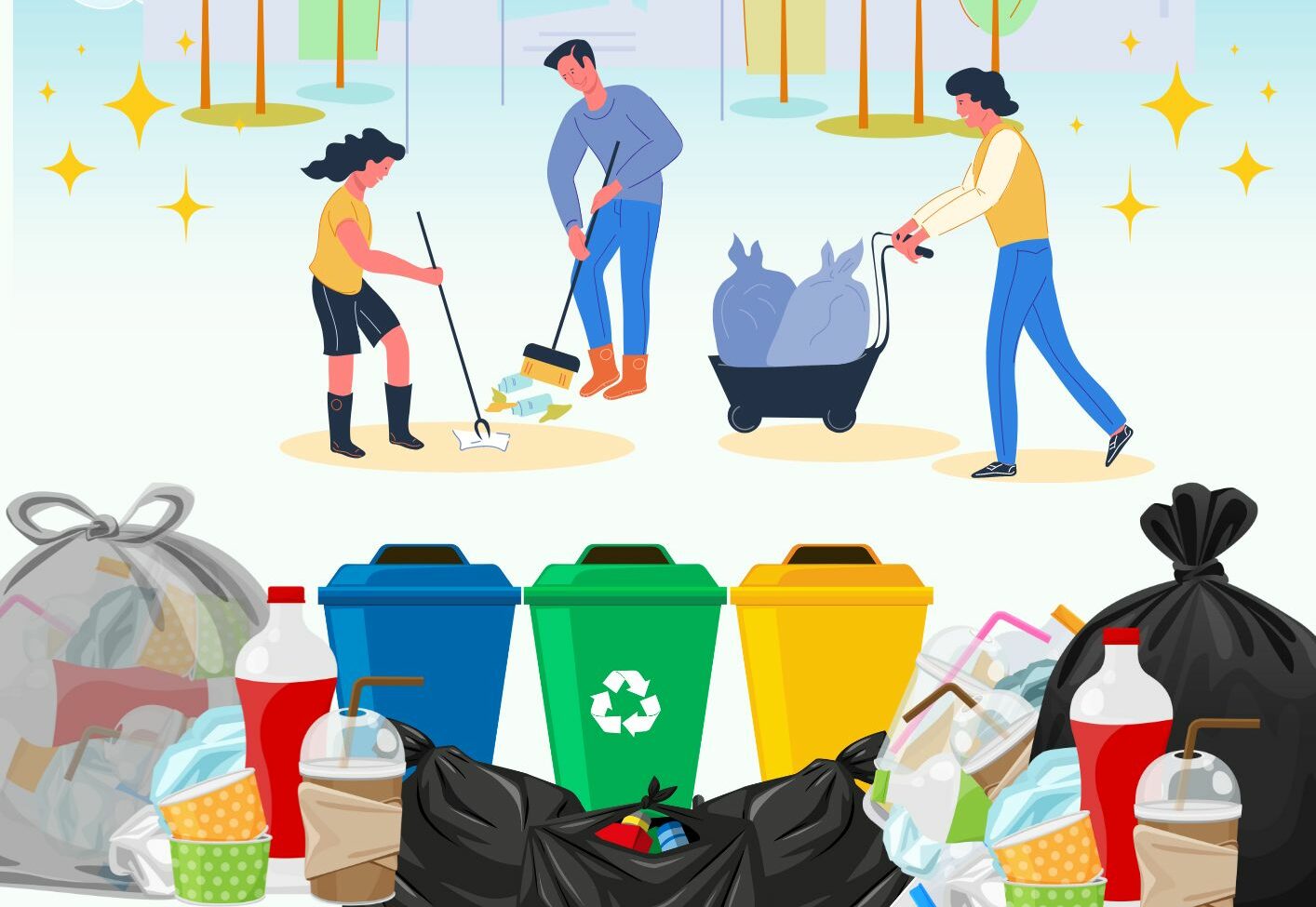As global plastic waste production is projected to triple to over 1,000 million tonnes by 2060, an upcycling startup, Kubik, steps up to address this environmental threat while simultaneously tackling the affordable housing deficit. Kubik’s operations in Kenya and Ethiopia are at the forefront of the continent’s budding recycling industry, which currently processes a mere 4% of the produced waste.
Kubik transforms hard-to-recycle plastic waste, including polyethylene, polypropylene, and polystyrene, into economical building components such as bricks, columns, beams, and jambs. This ingenious approach diverts 45,000 kgs of plastic waste from landfills daily. Following a successful $3.34 million seed funding round, Kubik plans to amplify its building material production in Ethiopia before expanding to other African countries.
Also Read: YouTube Korea Pioneers the First Official Shopping Channel: An E-commerce Revolution?
Established in 2021 by Kidus Asfaw and Penda Marre, Kubik intends to increase production at its Ethiopian facility later this year, with capabilities of constructing over a quarter million square meters of wall surface annually.
“The market demand is significant, with a 300M+ global shortage of affordable housing units. This equates to a $2T+ market opportunity that we are primed to address,” remarked Asfaw, CEO of Kubik. The company’s accolades include the 2023 Global Startup Awards’ ‘Startup of the Year’ and the ‘Leading Climate Tech Startup in Africa’ at the recent VivaTech conference.
Renowned investors, including Plug & Play, Bestseller Foundation, GIIG Africa Fund, and Savannah Fund, participated in the funding round. Satgana’s co-founder, Romain Diaz, expressed enthusiasm about Kubik’s vision of combining positive social impact, a circular economy, and low-carbon construction.
Kubik’s innovative interlocking building materials allow developers to build walls without traditional construction resources like cement, aggregates, and steel, all without compromising the building’s integrity. Notably, the products’ strength matches that of cement-based walls. The materials are also fire-resistant, non-degradable, and safe. Plus, with at least 40% lower cost per square meter, these products are a potential solution to the current housing deficit driven by the burgeoning urban population and high construction costs.
Despite being a low-carbon solution with at least 5x less greenhouse gas emission compared to cement-based products, Kubik’s building materials don’t compromise on the environmental impact. “Our solution addresses three significant challenges – unmanaged plastic waste, unaffordable living conditions, and climate change impact,” added Asfaw.
The startup continues to push for sustainable and affordable building solutions while worldwide appeals call for government policies to curb plastic waste and promote a circular plastic economy. “Our mission is to drive technology into the materials used for decarbonizing the built environment faster,” Asfaw concluded.
This news is based on Tech Crunch.

















